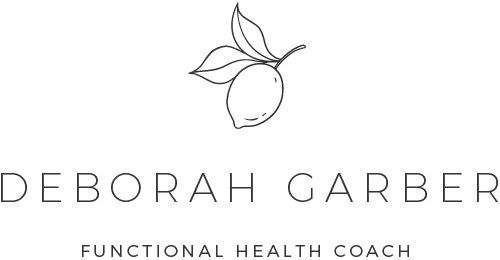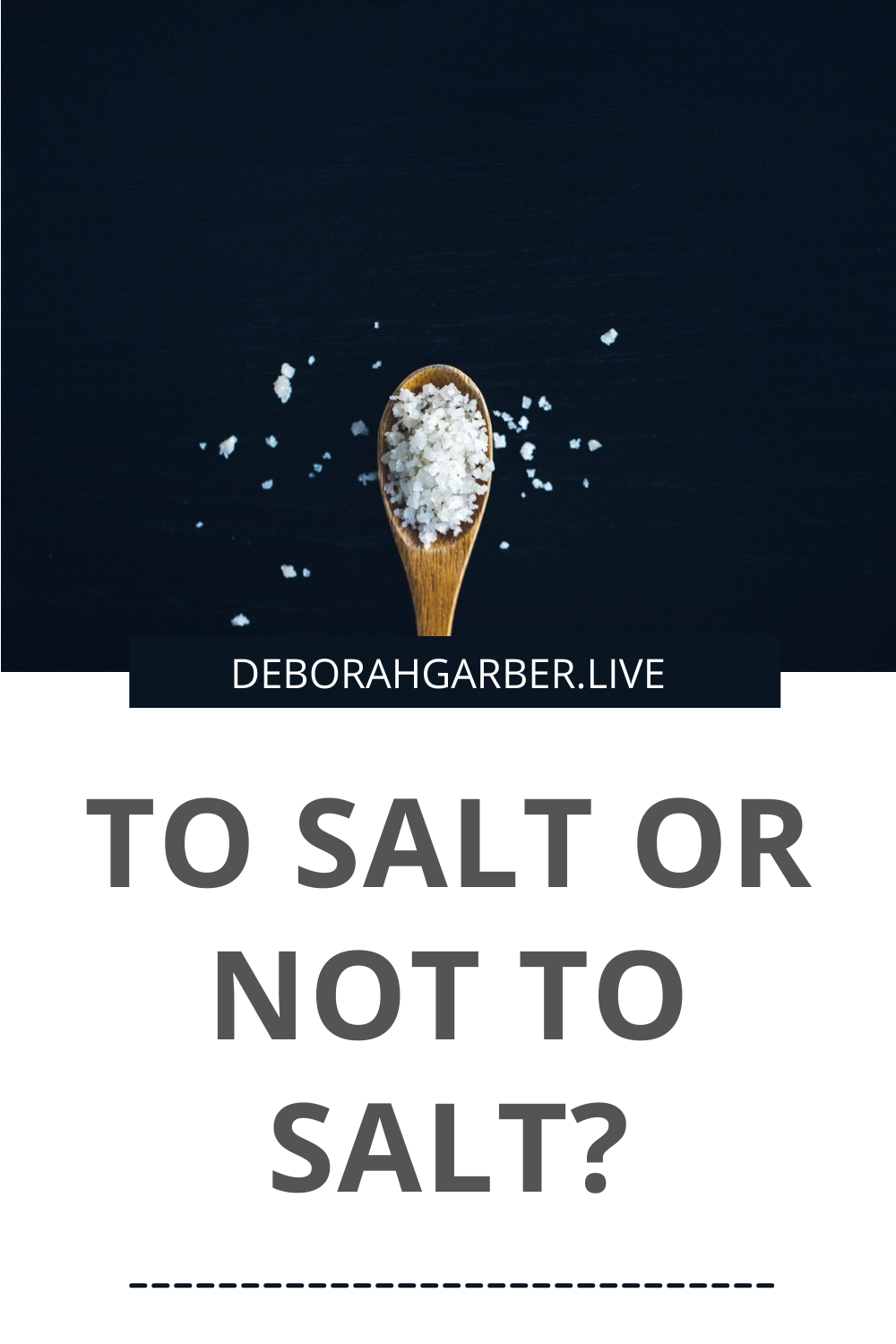Salt of the Earth
A few days ago, after a long walk along our beautiful Elwood beach, whilst enjoying a loose-leaf chai with a dear friend, the topic of salt came up.
She mentioned her decision to cut back on her salt intake owing to the fact that so much of our food, even those offerings that would have been considered unprocessed and unadulterated such as steaks in the butcher’s tray, has been salted. Is this apprehension about salt intake justified? Is salt really the enemy?
Many languages have words and expressions that indicate how much we treasure salt. Good people are called “salt of the earth”, a person who works hard is “worth his salt”, even the word salad (salata = salted) comes from “herba salata” indicating that raw vegetables were traditionally served with a salty dressing.
Salt is prized in the Jewish tradition; we sprinkle salt on the Challah bread as a reminder of the sacrifices in the temple of old. The bible talks about covenants of salt between God and his people, and the Kabbalah talks about the importance of offering all sacrifices to God with salt, because salt is the combination of two powerful forces: water and fire. The sun dries the water of the ocean and creates salt. Water symbolises God’s merciful attributes and the sun or the fire - his judgemental attributes. These attributes both in God and in man must be held in balance to create harmony. We want to be able to maintain the same balance and harmony inside our bodies.
Like many other hot button topics, it seems that today the pendulum has swung in the direction of salt being bad and more salt being worse. Just like the long-held belief that vilified saturated fat and praised polyunsaturated fats (PUFAs) as being good for our hearts, so too has the belief that salt is responsible for heart disease taken root since the 70s when Lewis Dahl claimed to prove that it causes hypertension. Just like Ansel Keys’ diet-heart-hypothesis, it turns out that Dahl’s research was selective and exaggerated. Notwithstanding that fact, a short google search will yield evidence that the salt-CVD hypothesis predominates to this day.
The problem is that we have reduced what used to be nutrient rich salt to simple sodium chloride. This is the salt that we reach for in the supermarket and this is what the processed food industry uses. Real salt is rich in macro minerals such as sodium, chloride, potassium, calcium, phosphorous, magnesium and micro minerals such as iron, zinc, iodine, selenium, copper, manganese and others. These minerals play an essential role in many of our bodies’ functions, such as in fluid balance (sodium, chloride and potassium), nerve transmission (sodium, potassium, magnesium), muscle contraction and relaxation (sodium, potassium, calcium, magnesium), carrying oxygen and energy metabolism (iron), healing, taste perception, normal foetal development, production of sperm, immune system (zinc), antioxidant (selenium), maintaining acid-alkaline balance (phosphorus), proper fluid balance and stomach acid (chloride).
There is strong indication that a low salt diet could lead to adverse health consequences and higher overall mortality, particularly in conditions like diabetes and heart disease. Selenium, chromium and zinc play an important role in improving pancreatic function and reduction of blood sugar post meal. Magnesium is critical for good sleep and for moving insulin across the cell membranes and preventing insulin resistance, a precursor to diabetes. Adding whole salt to our diets can paradoxically counteract sugar addiction. When it comes to potassium, even a mild deficiency can increase blood pressure, so consuming a mineral rich rock or sea-salt, in which there is a balance of all the minerals, is essential for controlling hypertension. Chloride plays a very important role in digestion, hydrochloric acid is what breaks down the food in our stomachs and helps the absorption of key nutrients. It also prevents bacterial overgrowth. By limiting our salt intake, we could well be compromising our ability to digest our food properly.
It is true that if much of what you eat is processed, empty carbs, you are ingesting large amounts of processed and denuded salt in addition to industrial oils and a great deal of sugar. On the other hand, if you eat a whole food, ancestral diet, you probably consume an appropriate amount of salt simply because of the body’s innate mechanism for saltiness. Unlike sugar, salt is not addictive. The consumption of salt around the world for over 200 years has remained in the range of 1.5 to three teaspoons per day, which according to experts appears to pose the lowest risk for disease. The healthiest populations in the world, like the Japanese, consume much more than that at around 6 teaspoons per day.
Just like any food you eat, it is worth seeking clean and unprocessed salt such as Pink Himalayan salt or Real Salt from Utah to avoid the pollution in sea-salt and the anti-caking agents of table salt and ensure you are getting the 64 trace elements in mineral rich salt. Go on a salt seeking adventure and see all the interesting varieties that can be found.
If you have a health condition consult your doctor. Otherwise, use grey or rock salt in your cooking to give it flavour, eat a whole food diet combining fruit, raw vegetables, cooked vegetables, whole grains, organ meats, fatty fish and healthy fats (olive oil, ghee, butter, coconut oil, macadamia oil), reduce or eliminate processed meats and cheese, and taste your food before you salt it. Add a pinch of salt to your drinking water to make sure you get fully hydrated, particularly after exercising. Bathe in mineral salt as it is absorbed through the skin and will hydrate you and counteract any chlorine that may be in your water.
Sources:
The Salt Fix by Dr. James DiNicolantonio
Salt of the Earth - Rediscovering our Mineral Identity - A lecture by Dr Zach Bush http://www.onecommune.com
Shaking Up the Salt Myth, Chris Kresser


